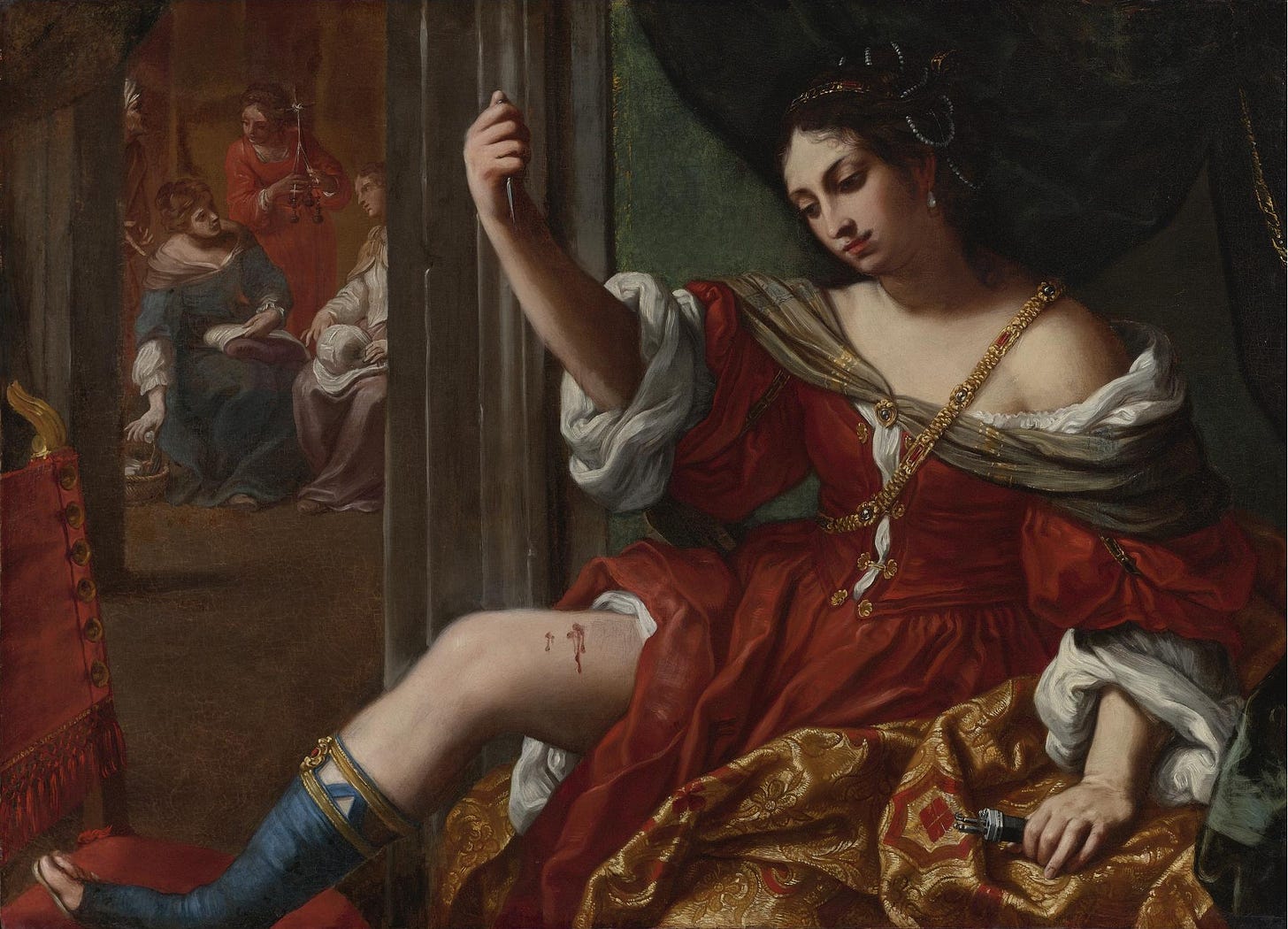One of my great guilty pleasures is the one corner of the Internet everyone says is bad for you: the comments section. So last week, when the world continued its steady acceleration into multiple-choice doom (“anarchy, dystopia, ya phir fascism?”), I spent some time in the comments section of Viral Bhayani’s Instagram. For those of you blessedly-offline who don’t know who Viral Bhayani is, he’s a celebrity photographer in Mumbai. His IG page is a mix of “pap” shots of celebrities, and his captions are sometimes a philosophical reflection on life. (Much like this highly irregular newsletter.) Scroll through his photos, and you will see celebrities coming out of salons, walking their dogs, and just…being human beings, I guess. It’s all very fun, and I assume if you’re famous, slightly worrying. But this isn’t a moralistic take on paparazzi culture and why it shouldn’t exist. Viral Bhayani and his photographers are just trying to make a living in an unfair system – they’re braving extreme weather and competitive rates; we’re Googling yoga videos during work hours. No judgement from me.
No, this newsletter is about what happens in the comments section of Viral’s photos of celebrity women – and it’s safe to assume, in the comments section of every woman’s photo online. Here are the facts. A young actress poses in front of nondescript building. The caption tells me she is visiting a producer. The woman is statuesque, carrying off a bodycon dress better than I can ever hope for, and looks stunning by every definition of the word. My first thought on seeing her is, “man, if I looked like that, I’d wear bodycon dresses all the time.”
Then, I go to the comments section and start scrolling.
“Bulldozer chal gaya kya isspe? Kuch hai hi nahin isske.”
It’s a comment by a username and photo which tells me it’s a man. And the “bulldozer” referred to here is not speculation on the young woman being a victim of an unfortunate accident. It’s a reference to her breast size. (If you needed me to interpret that for you, congratulations on not being a woman in India.)
Now, I don’t know whether this man (as inferred by his DP and username) knows Laura Mulvey, but I suddenly remembered all my university lectures on the male gaze. Where I saw a naturally stunning woman, this man saw a woman with a “small” breast size. And somehow, decided to be the person to publicly post a comment on a woman’s body online.
Instead of logging out of IG after this, I decided to visit his profile. He had a public profile, and the first photo he’d posted was with his infant daughter. Using the “I also have daughter/sister/mother” logic that’s popular these days, I thought of his daughter too. What if she grows up, and her body isn’t what is expected to be? More importantly, I reminded myself, what is it that leads this man – or any person – to be so violative of another?
I’ve written person, and not men deliberately. Because when I went back to read more comments (I know, I know), I saw many comments by women (again, inferred from their DP and username) in the same vein. Male gaze, like my professor who taught us, is not exclusively wielded by men. It’s, quite literally, the gaze.
And somehow, in a tenuous online world, it’s a gaze defined by misogyny, and bigotry. If you’re a visible woman online, you know it intimately. Online, your body is not your own – everyone is entitled to it. Celebrities, especially actresses, have it the worst. But even on a private profile on Instagram, or an artful Twitter DP, you’re endangered by that gaze. Sometimes, quite literally. Like it happened with the horrific Sulli Deals where scores of Muslim women were “auctioned” off while their photos were being used. Male gaze, misogyny, and relentless bigotry.
I kept thinking about that “bulldozer” comment weeks after I first saw it. Then, I went back to my IG profile and looked at my photos. I tried looking at my photos through the gaze of someone with a greater entitlement to my body than me. I archived some photos I felt were too “visible” though I can’t articulate what that means. And I kept thinking of the worst possible ways my photos could be used (Would. Not. Recommend.)
I don’t know how, or if, it’s possible to be a visible woman online without feeling a loss of control. I wish I could scrub away my face from the Internet forever. But how can I scrub the gaze that follows me nonetheless? And why should I? I like being photographed, and validation feels great, right?
So, I look at the photos of young women I follow who use the Internet as a space to own, and flaunt their bodies. I am awed at their courage. I decide to post a selfie in my new favourite jeans, swatting away at “what will people think?” and how this photo is one more opportunity for people to “look” at me. I ask my friends for opinion. They unanimously declare it to be a winner. I use a filter, make it look IG-aesthetic, and write a caption.
Then, I press “Discard.”




